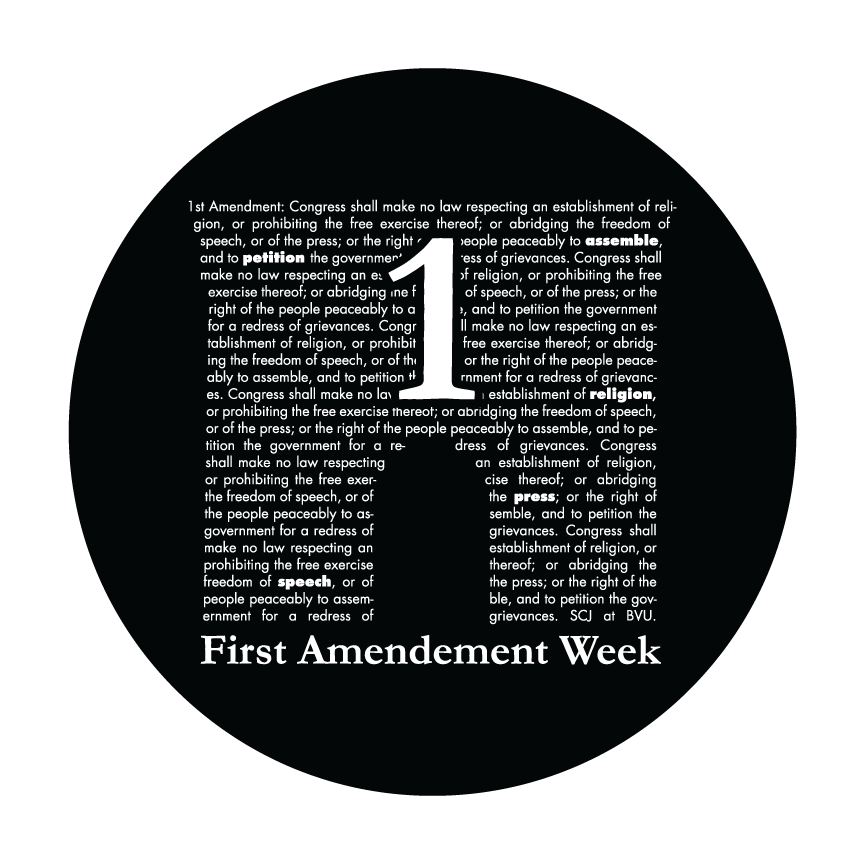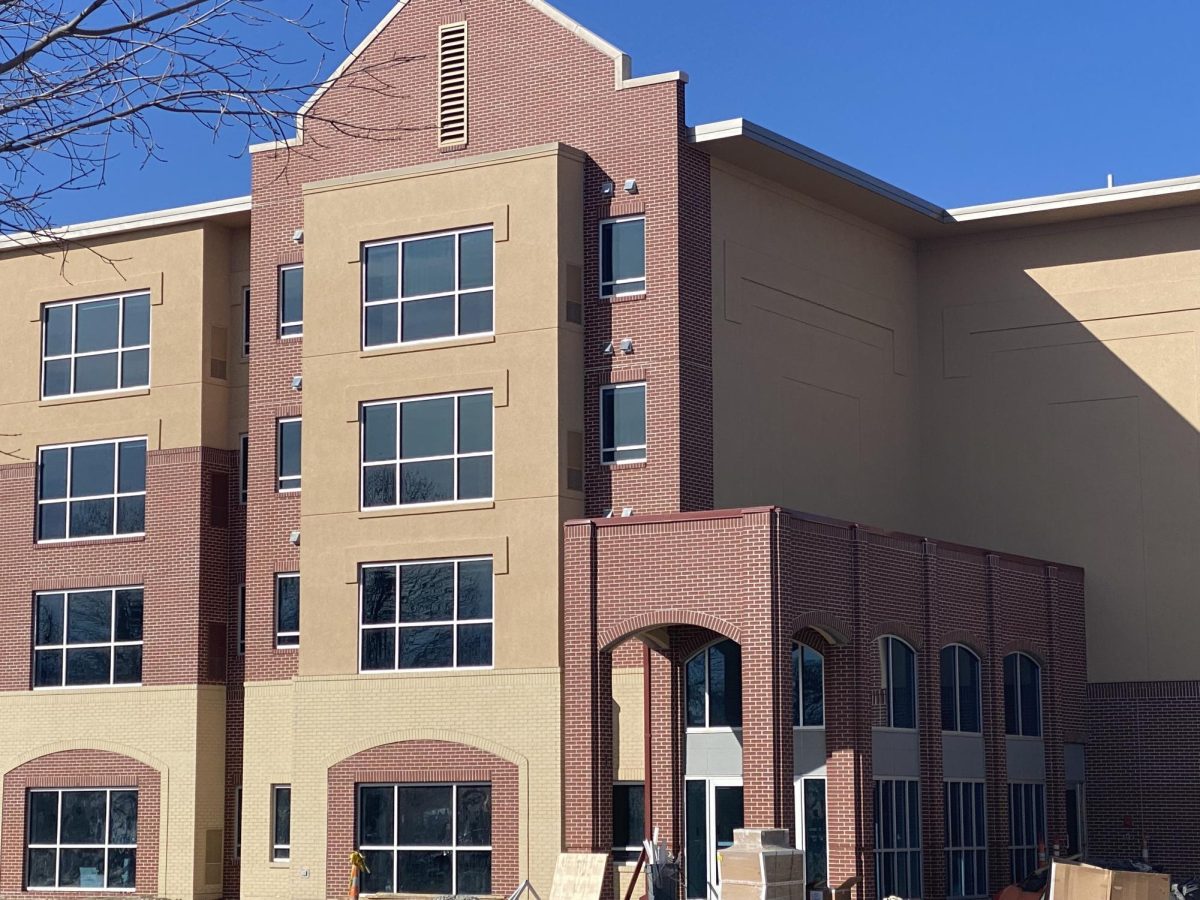Ashley Lemke | Contributing Writer
The first amendment is proving to be one of the most important pieces of legislation to American citizens now more than ever. Last month, Americans voted for and elected Donald J. Trump to be the next leader of the free world. As a result, talk about the first amendment and religious freedom is beginning to fill the air. As United States citizens, it is our duty to understand the profound effect the Establishment Clause has on our daily lives and how it could come into play under a new presidency.
The Establishment Clause is an important component when discussing the freedoms we posses in the first amendment as it pertains to religion. The Establishment Clause states that congress is prohibited from establishing a religion or favoring of one religion over another. This means we have the freedom to engage in religious groups of our choice and we cannot be forced by government to partake in a certain religion.
 Dr. Bradley Best, professor of Political Science, explains the political history behind The Establishment Clause.
Dr. Bradley Best, professor of Political Science, explains the political history behind The Establishment Clause.
“The Establishment Clause is a creature of the early 1790’s and the articulation in the Bill of Rights of a set of fundamental principles of human liberty that were added to the Constitution to fulfill a promise that was made to the anti-federalists at the constitutional convention,” said Best. “The anti-federalists believed that the Constitution of 1787 created an overpowered central government and that the powers of that central government would intrude on the rights and liberties of individual Americans.”
As a result, the clause created a sort of “wall” of separation between the powers of government to interfere in the personal lives of Americans including their religious liberty. Although it took many years to apply this universally, the language of the Establishment Clause imposed limitations on national government that still stand today.
 Dr. Swasti Bhattacharyya, professor of Philosophy and Religion, comments on the separation of church and state.
Dr. Swasti Bhattacharyya, professor of Philosophy and Religion, comments on the separation of church and state.
“When people talk about Congress making no laws, a lot of them speak as if they assume the desire to have a separation of church and state comes from secularists,” said Bhattacharyya. “However, when you go back in history, the religious folks wanted the separation of church and state, not the secularists. People should remember this Establishment Clause was generated from religious communities because they wanted the right to practice. Today, that can get lost in this pluralistic world. This country allows everyone to flourish and have that flexibility.”
The Establishment Clause has an important history in this country. Understanding what it means to not have an established religion can provide perspective when learning about our religious liberty and freedoms. Christianity might be favored in this country; however, the first amendment protects the rights and freedoms of those who wish to practice the religion of their choice. But, what if the Establishment Clause had never been implemented?
If a certain religion were required or if citizens of the United States were forced to practice a certain religion, would you be upset? What if the government told you that you had to be Jewish, Buddhist, Muslim, or Christian? We live in a globalized society where everyone has differing opinions. That means we want to be able to practice or not practice religion in the way we choose. We want to have the freedom to choose to be religious or choose to not be involved in an organized religion. We want to be respected, not pushed into a religion.
“The history behind the Establishment Clause is very powerful and will serve as an important set of barriers between the encroaching powers of the state where any persons pursuit of their liberty or any persons pursuit to not identify. It will take a lot to undo a very lengthy history of the Establishment Clause” Best said.
Some would argue the religious freedoms of our nation are under possible risk under a new administration. Talk about the first amendment has blow up over social media over the past few months and that’s why it’s vital to understand the history, rights, and limitations of the first amendment as it pertains to religion. However, the long-standing history of the Establishment Clause would take great lengths to uproot. Issues surrounding the first amendment will likely continue to be discussed in the future, especially topics concerning religion. Read, listen, watch, contribute to conversation, and stay informed.
Photos by Ashley Lemke
Graphic by Justice Gage









